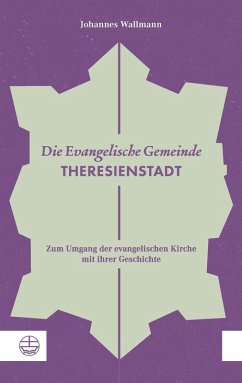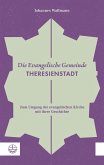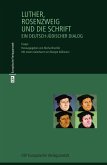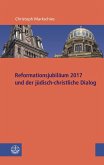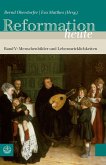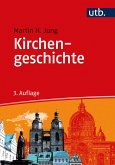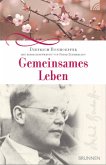Das Buch des bekannten Kirchenhistorikers erinnert an in der Evangelischen Kirche Unbekanntes oder Vergessenes zum Verhältnis von Kirche und Judentum. Es beginnt mit der Evangelischen Gemeinde Theresienstadt, der Gemeinde der Protestanten jüdischer Herkunft, die einen beträchtlichen Teil der Menschen im Theresienstädter Lager ausmachten. Sodann behandelt es die Rezeption von Martin Luthers Judenschriften vom 16. bis ins 19. Jahrhundert, das Verhältnis des Pietismus zum Judentum und die Ursprünge des sogenannten Judensonntags. Weiter wendet es sich dem Hintergrund des Eisenacher »Entjudungsinstituts« zu, bevor es das Verhältnis von Luthertum und Zionismus in der Zeit der Weimarer Republik beleuchtet. [The Protestant Congregation of Theresienstadt] The book wants to remind the public of unknown people and events in the context of Jewish-Christians relations. First it deals with the Protestant congregation of Theresienstadt, i.e., the congregation of the Protestants with Jewish ancestors who made up a considerable part of the people deported to the Nazi Concentration Camp near Prague. It goes on to discuss the reception of Martin Luther's writings on the Jews from the 16th to the 19th centuries, followed by chapters on the relationship of Pietism to the Jews and on the origins of the so-called »Judensonntag« (»Sunday of the Jews«). Next the book examines the background of the »Entjudungsinstitut« (Institute for the elimination of Jewish influence on the church) in Eisenach, before it finally looks into the relationship of Lutheranism and Zionism during the Weimar Republic.
Dieser Download kann aus rechtlichen Gründen nur mit Rechnungsadresse in A, B, BG, CY, CZ, D, DK, EW, E, FIN, F, GR, H, IRL, I, LT, L, LR, M, NL, PL, P, R, S, SLO, SK ausgeliefert werden.

